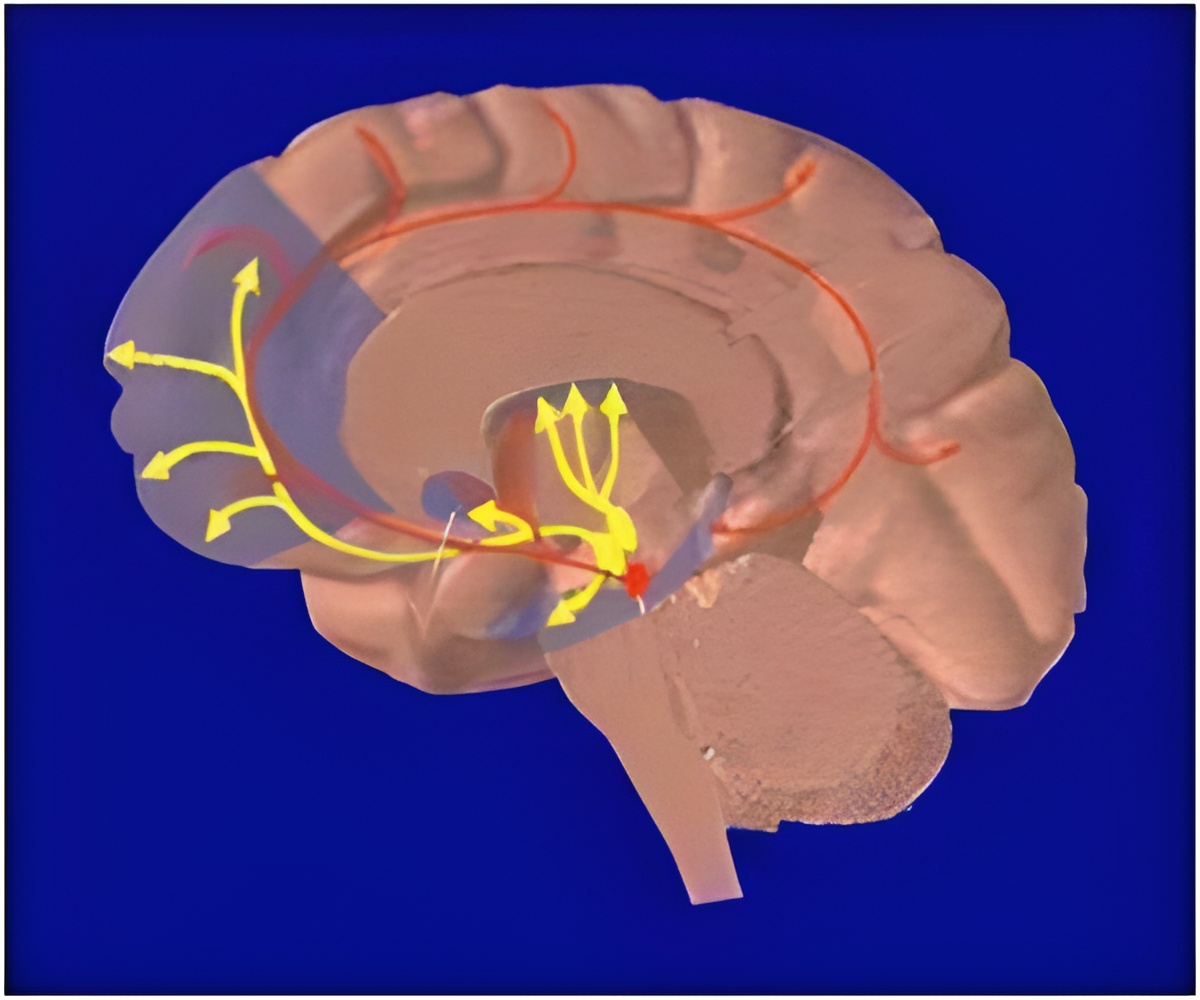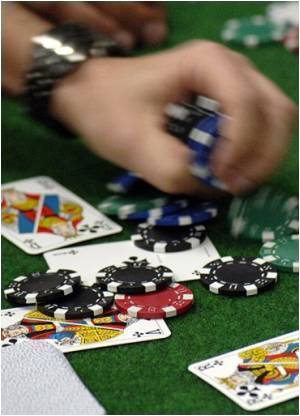Detailed study was conducted by researchers to understand the origins Of Addiction And Treatments in victims of chronic pain.

The new findings show that:
• Magnetic stimulation of the brain helps some people decrease their smoking, and even quit altogether for up to six months after treatment (Abraham Zangen, abstract 635.03, see attached summary).
• Stimulating an area of the brain associated with drug reward, the subthalamic nucleus, reduces rats' motivation to take heroin (Carrie Wade, PhD, abstract 818.03, see attached summary).
• Chronic pain leads rats already exposed to drugs to take more and higher doses of heroin, suggesting that people with addiction are more susceptible to overdose when in chronic pain (Lucia Hipolito, PhD, abstract 158.05, see attached summary).
Other recent findings discussed show that:
• Drug abuse stresses the brain, and the resulting dysregulation of systems involved in the stress response could contribute to negative feelings that trigger increased drug taking and addiction (George Koob, PhD, presentation 689, see attached speaker summary).
• Research suggests an area of the brain known as the insula may be overactive in people with gambling problems. People with damage to this area were less prone to the motivations of gamblers, providing a clue to identify areas of the brain that are linked to gambling addiction (Luke Clark, PhD, presentation 686.05, see attached speaker summary).
• Pathological gamblers may love a cash payout, but care less about other types of rewards, such as sex or food. Researchers found pathological gamblers showed decreased activity in reward-sensitive brain areas when money wasn't involved (Guillaume Sescousse, PhD, presentation 686.06, see attached speaker summary).
"Non-drug interventions would be an enormous step forward in drug abuse treatment, which currently relies on replacing one drug with another and has an extremely high rate of relapse," said press conference moderator Barry Everitt of the University of Cambridge, an expert in drug abuse research. "Today's exciting results give us new ways of understanding why compulsive conditions such as drug abuse and pathological gambling might arise, and give us targets to explore for non-drug treatment, which would help us treat a population suffering from addiction."
Source-Eurekalert












